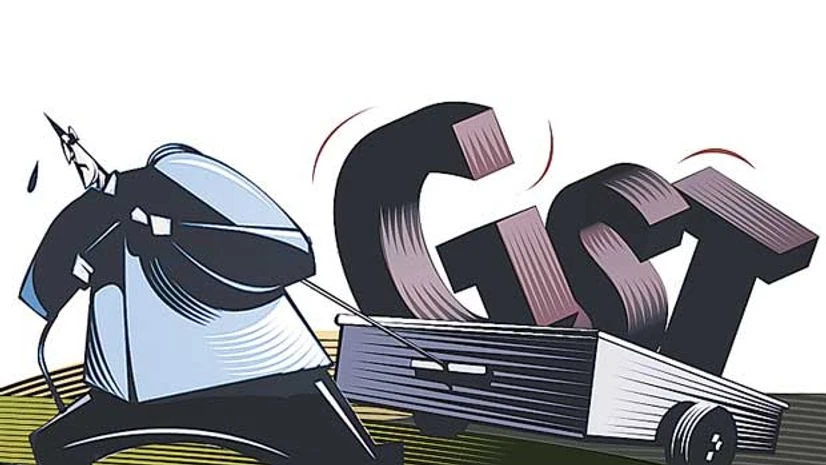With the Centre's biggest proposed legislative reform, goods and services tax (GST), roll-out well past the deadline of April 2016, things might have slowed down at state level, too. The empowered committee of state finance ministers has not met to discuss the legislation for five months now.
West Bengal Finance Minister Amit Mitra was elected chairman of the empowered committee in February, after former chairman K M Mani stepped down as Kerala finance minister on graft charges. Mitra is yet to call a meeting.
This is significant, considering the Narendra Modi government is seen escalating efforts for the passage of the constitutional amendment Bill towards the unified indirect tax legislation.
More From This Section
The Lok Sabha has already passed the Bill, stalled in the other House for want of majority support. After the passage, Bills of the GST itself would come before Parliament and state Assemblies. Rules will, then, be framed. The empowered committee needs to discuss key issues on the proposed rules. The empowered committee met in February to elect the chairman, but Mitra himself did not attend for health reasons.
In the earlier meeting in November 2015, Delhi Finance Minister Manish Sisodia was selected to chair a meeting for a day. It had decided on a sub-panel to decide on the issue of a threshold, as states were divided on whether GST should kick in from Rs 10 lakh or Rs 25 lakh of annual turnover.
The next round was to take place in December 2015, but it did not happen. The committee was to draft a GST law and business processes for payments, refunds and returns filing.
The Constitution amendment Bill could not be cleared in the previous session of Parliament, too. Congress has been demanding a cap of GST rate at 18 per cent in the Bill, but has met with stiff opposition from the ruling Bharatiya Janata Party as it will curb the flexibility of the proposed GST Council to change rates when needed.

)
